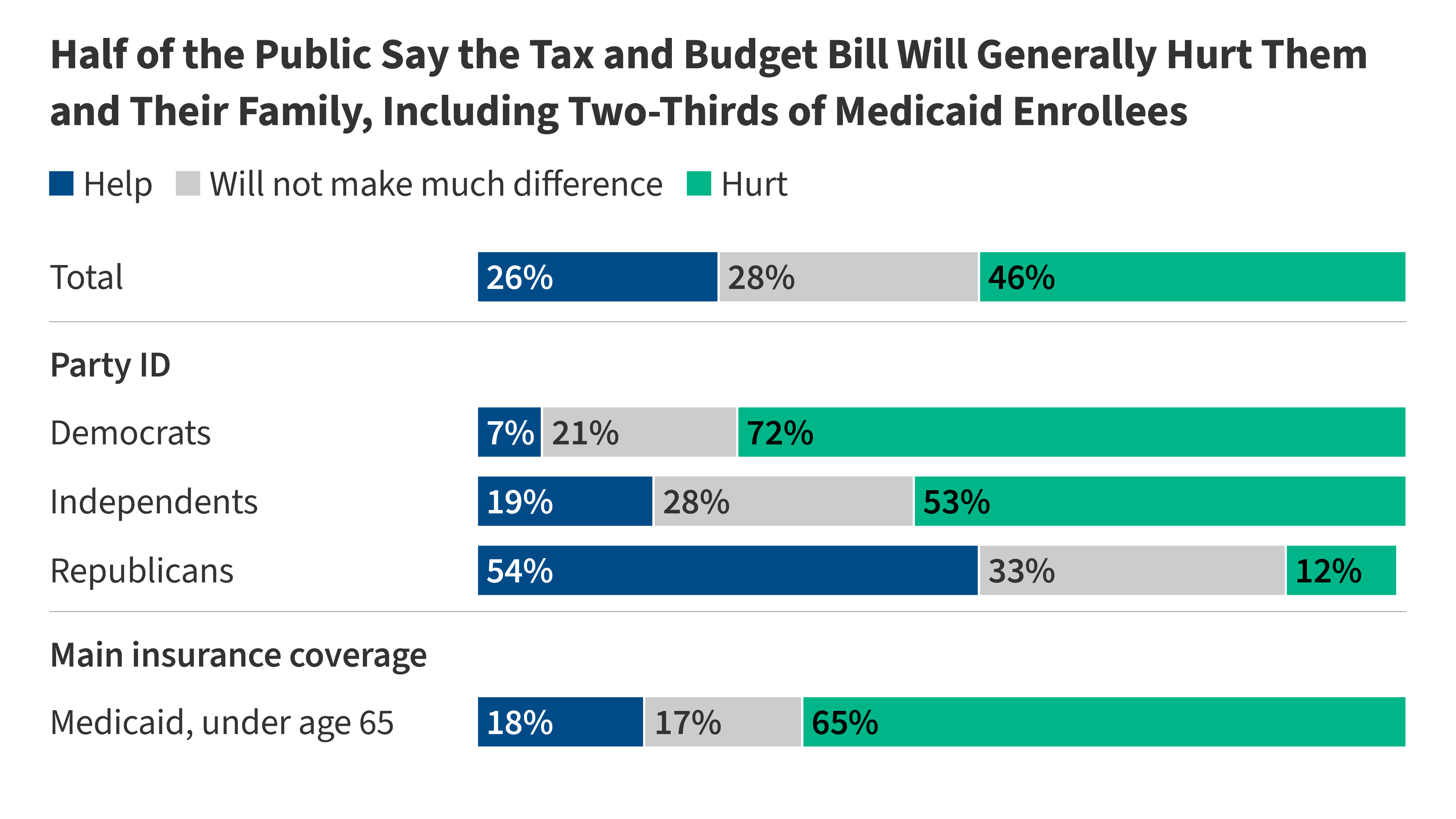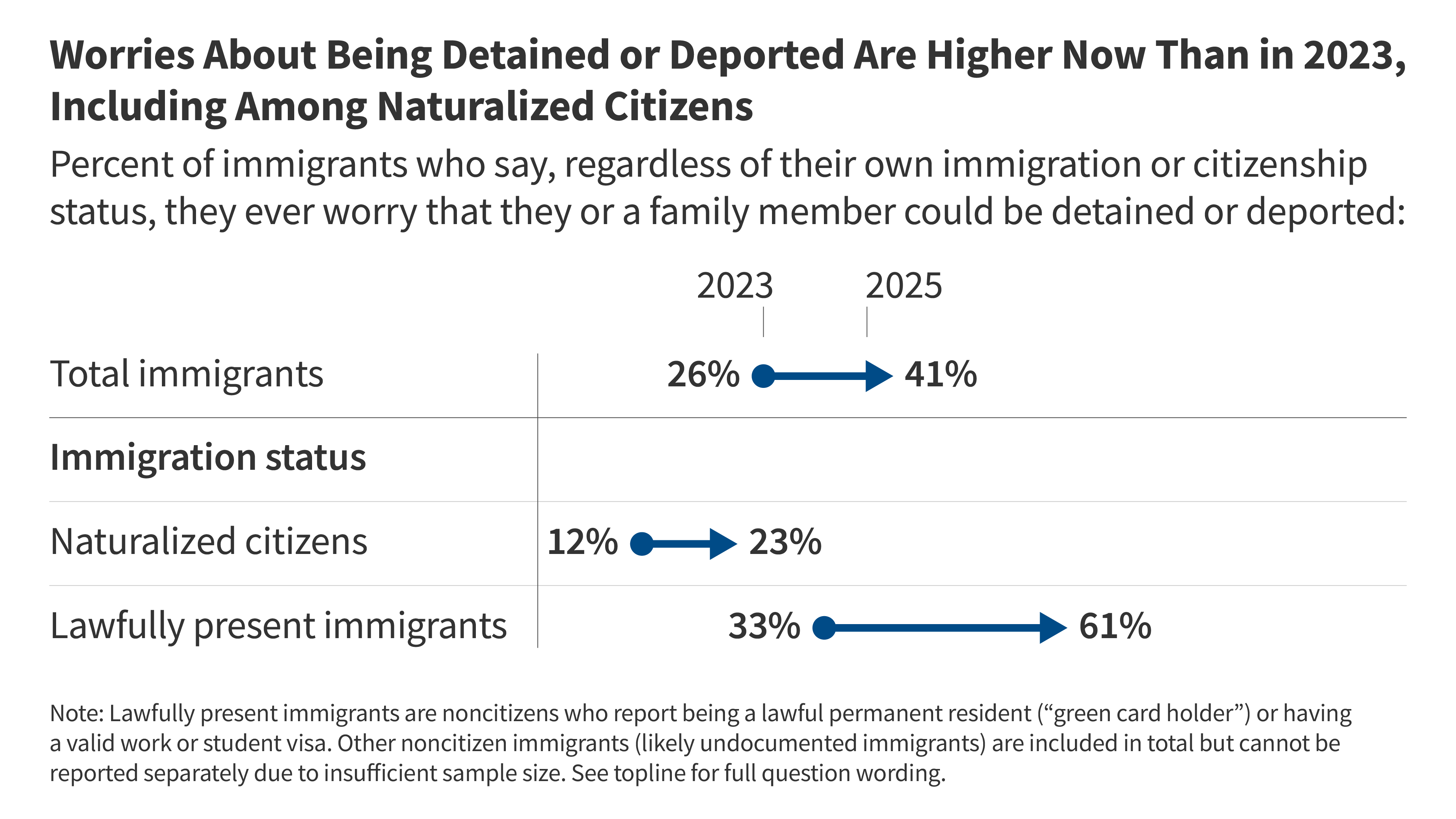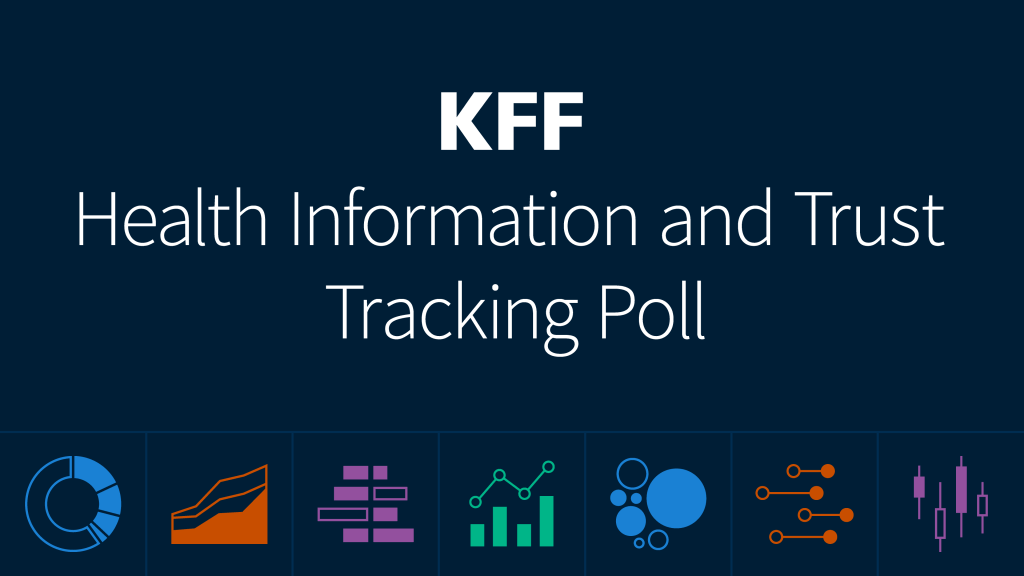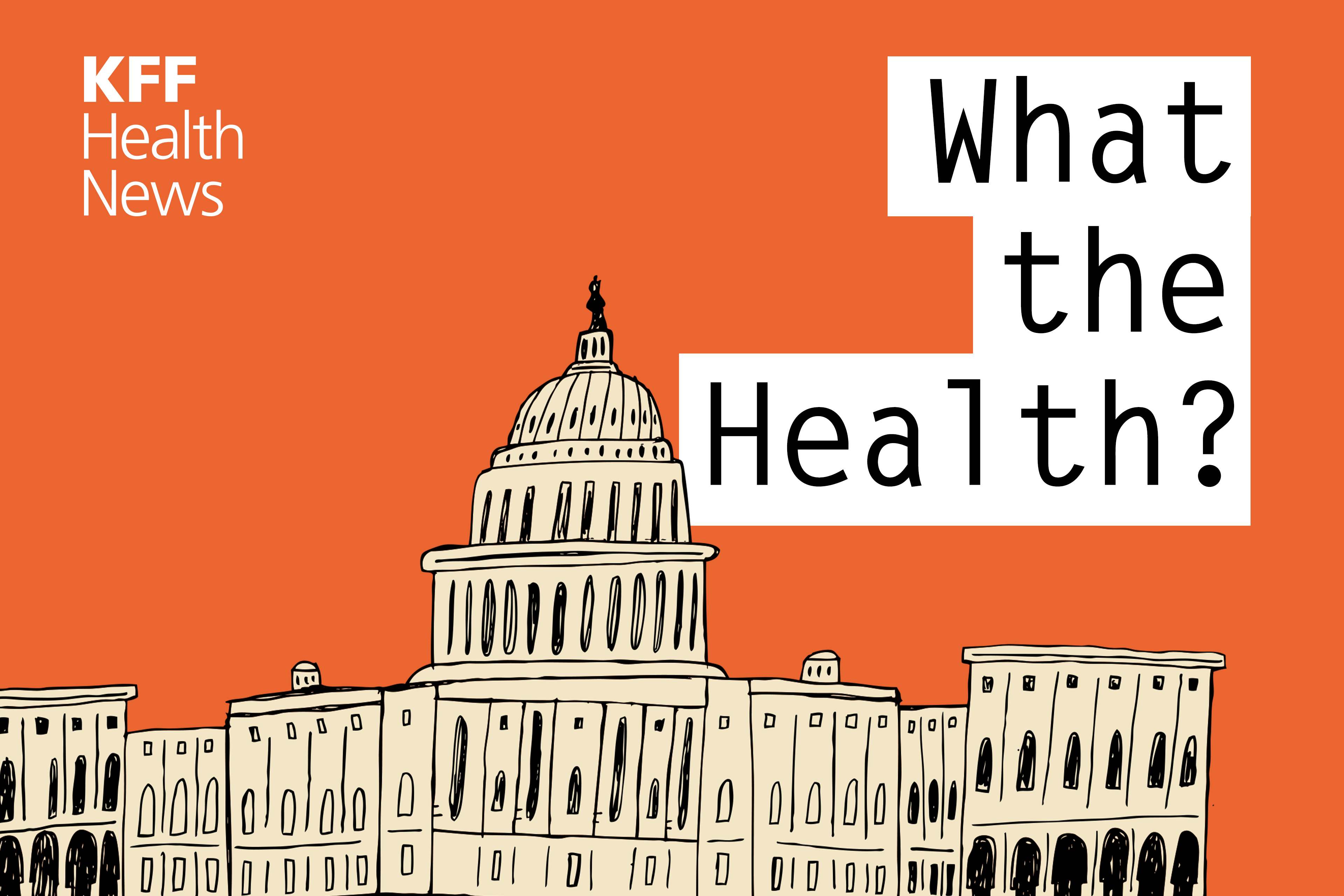New KFF-Washington Post Survey Explores Parents’ Trust In, and Confusion About, Childhood Vaccines as the Trump Administration Revamps Federal Policies
Based on interviews with more than 2,700 parents, including more than 1,000 parents with children under age 6 who have had to make decisions about vaccines in the post-COVID era, this survey explores parents’ experiences with and views about vaccines for their children.







